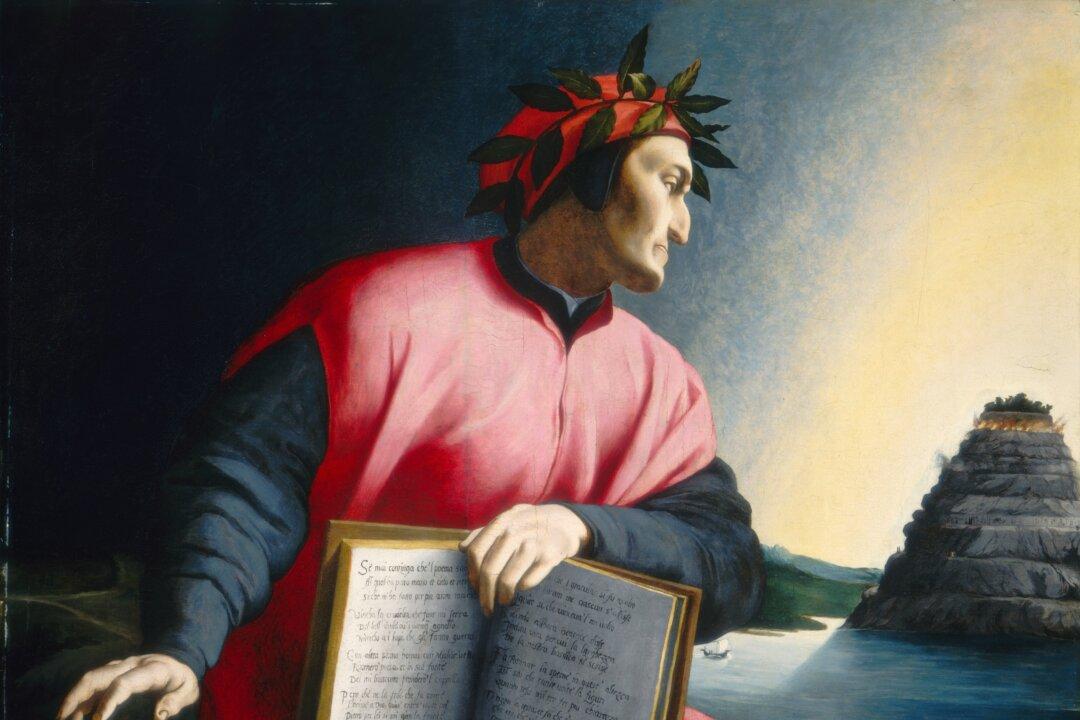Recently, a top American academic at a highly prestigious American university dropped me a line and said, “The universities are dying.” I wouldn’t know personally whether this is true, since I have never attended an American university, and I don’t live in the United States. But his words resonated with me, because it is certainly true in the UK.
Perhaps the science, the technology, and the medical faculties are swimming along swimmingly in their own self-congratulatory way—very happy with themselves as they still attract grants and support, and most importantly, as they are led to believe what clever boys and girls they are—the cream of intellectual achievement, in fact. But this is really a serious distortion of what education is about.






